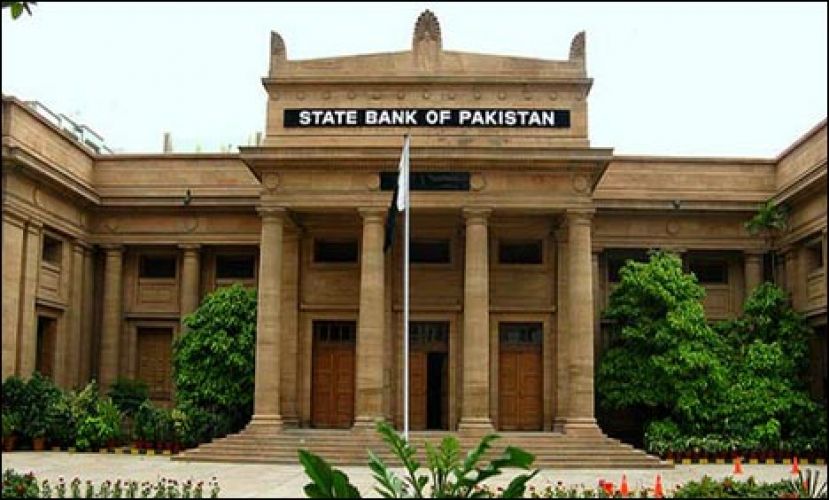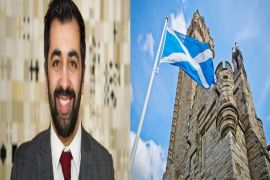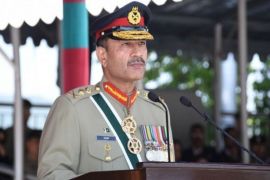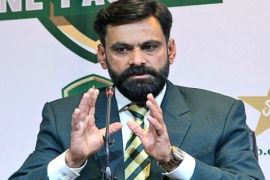Pakistan's central bank decided to leave its key policy rate unchanged at 10 per cent for the subsequent two months, the State Bank of Pakistan said in a statement on Saturday.
In recent months the rupee has remained mostly stable as the country has rebuilt its foreign exchange reserves. But the currency dipped slightly in the past month after Pakistan Tehreek-i-Insaf (PTI) Chairman Imran Khan and PAT chief Dr Tahirul Qadri began a sit-in in the federal capital demanding the resignation of Prime Minister Nawaz Sharif.
Since November 2013, the discount rate is unchanged at 10 per cent though trade and industry criticised it severely, particularly due to single-digit inflation. Researchers said that recent floods which were making a devastating impact on major crops, like cotton, rice and sugarcane, could push inflation higher in the coming months.
The impact of floods will be felt from November. The food basket in CPI has large weightage and may change the declining trend, said a research analyst. He did not see change in the discount rate.
The flood has covered most part of Punjab and has entered Sindh. The details of devastations will reveal its real impact on economy and accumulated losses of crops, cattle, houses and other assets of flood victims.
However, pressure on the exchange rate and increasing demand and low supply of the greenback was another reason that has forced the State Bank to keep the prevailing interest rate unchanged.
“No change is likely. With local currency under some pressure amid fears of delay in dollar inflow due to political tension, SBP will follow a status quo,” Mohammad Sohail, CEO of Topline Securities had said on Friday.
Pending IMF tranche is another reason that has forced the central bank to follow IMF measure of keeping the real interest rate on positive side, he said. Researchers said the IMF would not release stuck up tranche until the government raises the electricity and gas tariffs. The IMF wants to see higher revenue with advice to raise the tariffs.
The government is facing serious political challenge with sit-ins in front of the parliament, and it may not take the risk at this moment to increase the electricity and gas tariff as per IMF demand.







